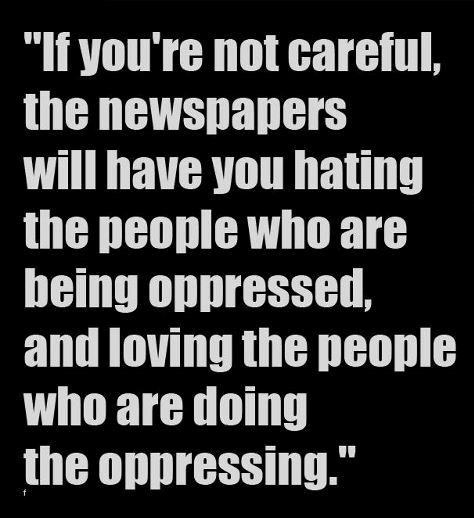
A THREAD on 'masks', & the growing polarization that is harming all of us.
We urgently need to develop effective ways to reduce divisions, & claw back common courtesy & decency.
There's no quick fix.
It requires all of us to take responsibility for what we say & write.
We urgently need to develop effective ways to reduce divisions, & claw back common courtesy & decency.
There's no quick fix.
It requires all of us to take responsibility for what we say & write.
MASKS have been used throughout human history, on all sorts of occasions — religious, celebratory, punitive, therapeutic and playful.
They are used to entertain, frighten, disguise and protect.
Masks can also be used to foster the emergence of new identities.
They are used to entertain, frighten, disguise and protect.
Masks can also be used to foster the emergence of new identities.

We sometimes wear metaphorical masks. We may feel the need to mask our true feelings in order to protect ourselves or others, or to conceal selfish, ulterior motives. We are said to ‘drop the mask’ in those rare, intimate moments in which we reveal our ‘inner, authentic’ selves. 

Masks have a political history too. In the twentieth century, perhaps most recognisably with the hooded masks of the KKK, which act as a terrifying and intimidating symbol of white supremacy, while serving to hide or protect an individual’s identity. 

In the twenty-first century, Anonymous popularised Guy Fawkes masks as a symbol of resistance to ‘neoliberalism’, characterised by the replacement of welfarism and collectivism with hyper-free-market capitalism and competitive individualism. 

‘Joker’ masks have been seen at mass protest movements across the world. ‘Arthur Fleck’ is told he can no longer access therapy or medication due to Govt cuts. His counselor tells him “They don’t give a shit about people like you, Arthur - or about people like me either.” 

The film suggests that in our celebrity driven, hyper-individualised culture, angry, alienated & dangerous individuals, often driven by frustration with the status quo, can become a powerful political force, which may produce charismatic & powerful yet profoundly damaged leaders. 

Our present is dominated by #COVID19, one aspect of which is the debate over facemasks. We all saw powerful images of exhausted medical staff, deployed to evoke empathy for & solidarity with brave frontline staff & to implore us to take sensible measures to reduce transmission. 

The scientific consensus appears generally to support the wearing of masks, especially in indoor areas where it is challenging to follow social-distancing guidelines.
Many countries have made masks compulsory in some indoor spaces, enforceable with fines.
Many countries have made masks compulsory in some indoor spaces, enforceable with fines.

Images of anti-mask demonstrations & ‘ritual mask burning’ signify support for ‘freedom of choice’ & opposition to ‘nanny state’ interference in ‘personal liberty’, located at the political fault line between collective & individual responsibility. 

Facemasks symbolize political & moral positions: is refusal to wear them expressing resistance against our freedoms being curtailed by a tyrannical govt? Or in wearing them, do we signal concern for & solidarity with others, especially the more vulnerable members of our society?
Masks allude to the ‘surveillance state’, ‘surveillance capitalism’, & the controversial technology of facial recognition, acting as a reminder that some new technologies have outstripped our ability to properly consider or regulate their implications. 
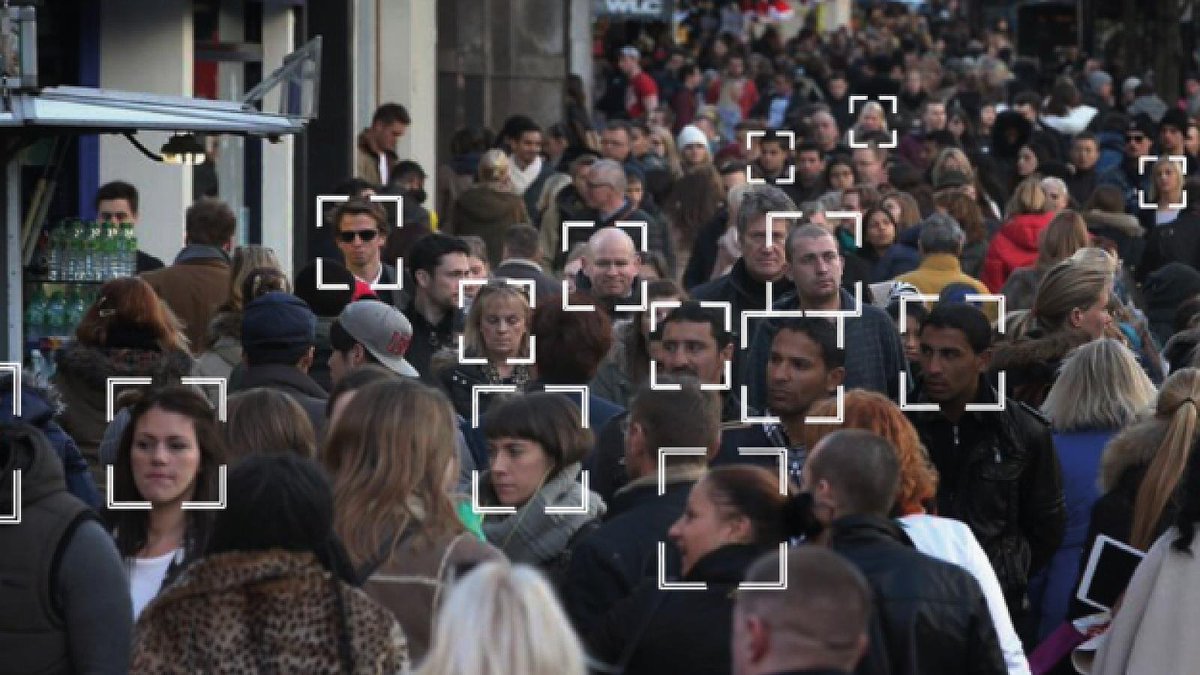
In thinking about how online platforms shape our sense of self, masks also intersect with technology.
Those of us who use social media inevitably present mediated, edited or even 'improved' versions of ourselves.
Those of us who use social media inevitably present mediated, edited or even 'improved' versions of ourselves.

Yet the potentially harmful psychological consequences of the pressure to conform to idealised representations of cultural, political or identity-based affiliations, & to accumulate likes, clicks & followers, have unintended consequences, & are little understood. 

Transgender issues also relate to masks: do those who feel trapped in a body of the ‘wrong biological sex’ want to exchange what they perceive to be an ill-fitting ‘mask’ for one more in keeping with their perceived ‘gender-identity’? 

Are 'gender-fluid' people liberated by their ability to change their gendered appearance at will? Or might we conceive of people who want to permanently change their physical appearance as victims of a society overly concerned with outdated views on gender & surface appearance? 

The heated debate around transgender rights has also helped to bring the issue of ‘free speech’ into focus, specifically the controverisal & contested issues ‘cancel-culture', 'hate-speech' & so-called de/no platforming’.
These are difficult & urgent issues which require nuance.
These are difficult & urgent issues which require nuance.

Is free speech threatened by an 'intolerant authoritarian Left', jeopardising a foundational principle of democracy?
Do hateful opportunists disingenuously mobilise the concept of free speech to mask their desire to express regressive bigoted views &/or boost their profile?
Do hateful opportunists disingenuously mobilise the concept of free speech to mask their desire to express regressive bigoted views &/or boost their profile?
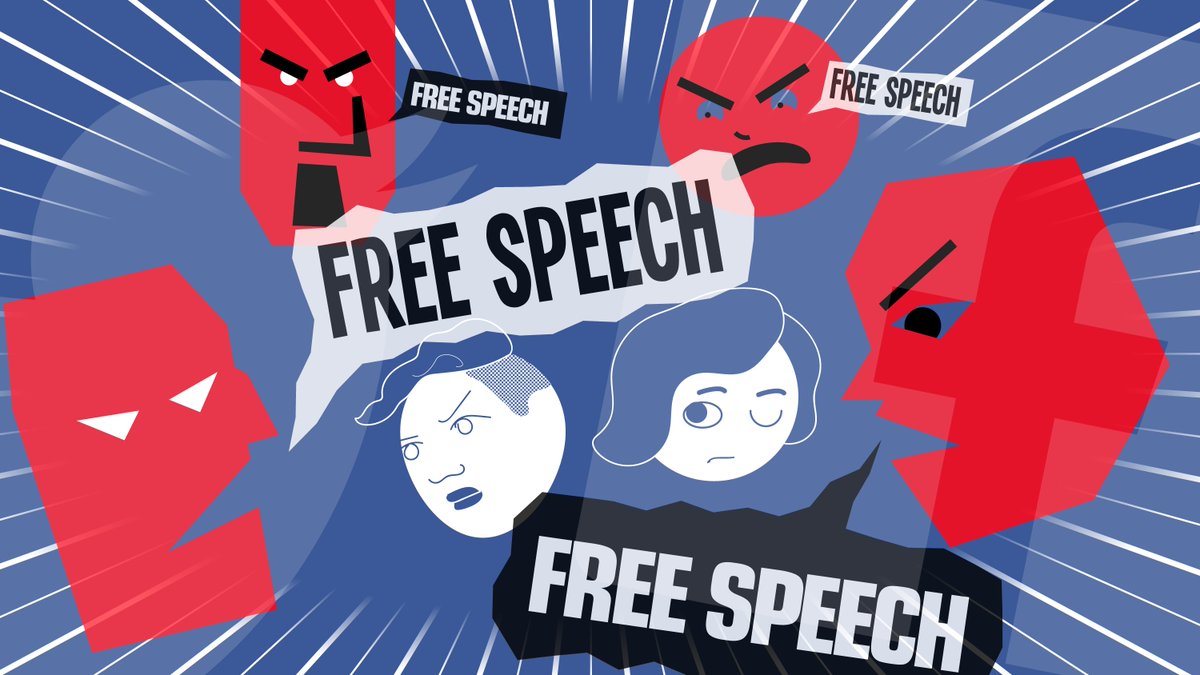
Almost everyone values free speech AND accepts there should be at least some limits on it eg to prevent the grooming/exploitation of children, the glorification of terrorist atrocities, incitement to violence, or to curtail what is considered dangerously inflammatory hate speech. 
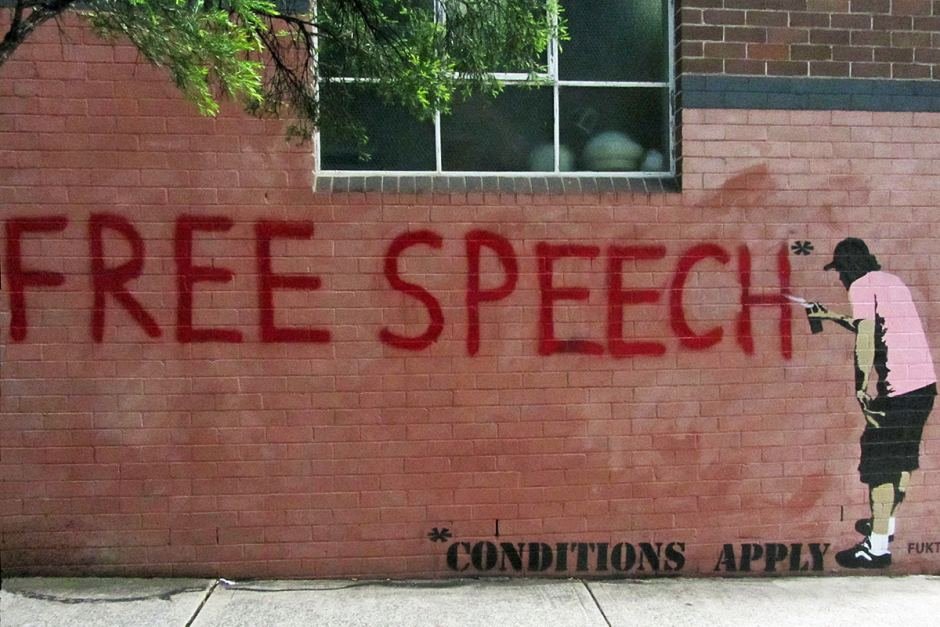
These debates are not new. Evan Smith demonstrates in his book ‘No Platform’, that the ‘free speech in British Universities’ debate is certainly not a new phenomenon: the practice of no-platforming can be traced back to the actions of British anti-fascists in the 1930s & 1940s. 

There is overlap between some proponents of free speech & some ‘anti-mask’ campaigners: both believe people are being deliberately ‘muzzled’ by a tyrannical Left determined to silence or censor views dissenting from a perceived ‘woke liberal ideological consensus’. 

This view is amplified in every available print, broadcast & online media platform, & ongoing debates around Brexit have revealed that significant numbers of people, rightly or wrongly, feel that they must mask their true feelings or opinions for fear of being labelled bigots. 

As Freud hypothesised, the ‘return of the repressed’ can have devastating consequences.
Feeling silenced can & does lead to resentment & frustration, & unscrupulous bigoted populists know that these feelings can first be stoked, & then exploited, to achieve political goals.
Feeling silenced can & does lead to resentment & frustration, & unscrupulous bigoted populists know that these feelings can first be stoked, & then exploited, to achieve political goals.

We must #NeverForget that free expression without fear of reprisal is a foundational principle of modern democracies.
Nor must we forget that after the #Holocaust, people are justifiably concerned about the very real dangers of scapegoating minorities, or bigoted hate speech.
Nor must we forget that after the #Holocaust, people are justifiably concerned about the very real dangers of scapegoating minorities, or bigoted hate speech.

Balancing these conflicting goals takes intelligence, courage, understanding, nuance & great leadership skills — attributes that appear to be in very short supply in the UK, in Europe, & across the world in our current crop of political leaders. 

However, tit's a myth that there is a neat Left/Right dichotomy of those currently foregrounding the perceived erosion of free speech, which involves people from a very wide range of backgrounds, concerned about a very broad range of issues. 

Controversial issues include: the effects of representations of European countries’ colonial legacy in statues or history books; the effects of migration on ‘indigenous’ cultures; anti-discrimination policies & practices such as women-only shortlists or unconscious bias training; 

The unintended consequences of the #PREVENT programme; restrictions on political activists criticising the actions of Governments across the world; censorship of Grime other artists, &; longstanding ideas about biological sex.
ALL these issues are contested & controversial.
ALL these issues are contested & controversial.

Diverse individuals and groups, participating equally & respectfully in public discourse, is a noble goal & important component of a well-functioning public sphere in tolerant & pluralistic democratic societies. 

But all too often nowadays, anyone expressing an opinion on an important issue is attacked & demonised by people with a differing view, & consequently many people feel they need to mask their true thoughts & feelings about controversial issues.
This should concern all of us.
This should concern all of us.

Candid discussions about important issues such as racism, transgenderism, free speech, or individual versus collective responsibility are essential for a functioning democracy — but the spaces available for nuanced & mutually respectful discussion are increasingly hard to find. 

‘Gotcha’ journalism & ‘shock jock’ radio shows, which manufacture & feed off controversy in order to attract audiences, clicks & ad revenue, add to the pressure to ‘take sides’, to publicly perform narrow & restrictive tribal loyalties & all too often, to mask our real feelings. 

The recent & dramatic polarisation in our society & across many other countries, combined with the long-term erosion of trust in politicians, CEOs, bankers, pundits & journalists, appears to be increasing exponentially, & is reaching dangerously destabilising levels. 

The situation is aggravated further by people with nefarious ulterior motives, who opportunistically & ruthlessly exacerbate & exploit this growing division, which makes engaging in ‘good faith’ with people who have different views, risky & difficult — & sometimes dangerous. 

The essential task for us all — & perhaps especially for our news & politics editors & presenters, MPs, community leaders, other 'influencers', & our political leaders — is to work harder to find ways to reduce this dangerous polarisation & the tensions it inevitably exacerbates. 
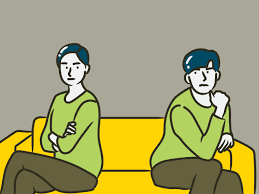
In an anonymous 1980 interview entitled ‘The Masked Philosopher’, controversial French Historian & public Philosopher Michel Foucault candidly discusses freedom, the power of ideas, authorship, his hatred of labels, & the quest to not be misinterpreted or misrepresented. 

Throughout the interview, the liberation he derives through the mask of anonymity is palpable:
“Why did I suggest that we use anonymity? Out of nostalgia for a time when, being quite unknown, what I said had some chance of being heard… A name makes reading too easy.”
“Why did I suggest that we use anonymity? Out of nostalgia for a time when, being quite unknown, what I said had some chance of being heard… A name makes reading too easy.”

At one point he proposes a ‘game’: “that of the 'year without a name'. For a year books would be published without their authors’ names. The critics would have to cope with a mass of entirely anonymous books.”
We'd all have to work harder at engaging with the arguments.
We'd all have to work harder at engaging with the arguments.
Elsewhere in the interview Foucault discusses a friend of the French realist painter Gustave Courbet, who used to wake up in the night yelling: “I want to judge! I want to judge!” 

Foucault discusses the idea that 'judging' is one of the simplest things humans do. "And you know very well that the last man, when radiation has finally reduced his last enemy to ashes, will sit down behind some rickety table & begin the trial of the individual responsible.” 

To summarise the thread so far, before I conclude: imho, society has become dangerously polarised, & as so many people are fearful of saying the ‘wrong’ thing for fear of reprisal, we sometimes feel compelled to mask our real opinions or identity - yet repression can harm us.
Foucault demonstrates how in relation to subjects such as madness, punishment, medicine, & sexuality, our current 'common sense' assumptions are often the result of multiple, dispersed, unintended or accidental origins & causes, & have change significantly over time & place. 

Finding innovative solutions to problems requires us to invent new ways of thinking about them, which in turn leads to social, personal & attitudinal change - something which is undervalued in contemporary society, & something to which we have generally become far too resistant. 

We appear to have become slavish to an increasingly narrow & polarised range of opinions, to the point that we condemn or approve of what someone says based largely on the extent to which their views echo or validate our own preexisting views, or that of "our side". 

ALL OF US think that our views are the correct & appropriate ones, otherwise we wouldn't hold them!
Yet while we know that not everyone can be right about everything, very few people are genuinely open to having their opinions challenged or, God forbid, (dramatically) changed!
Yet while we know that not everyone can be right about everything, very few people are genuinely open to having their opinions challenged or, God forbid, (dramatically) changed!
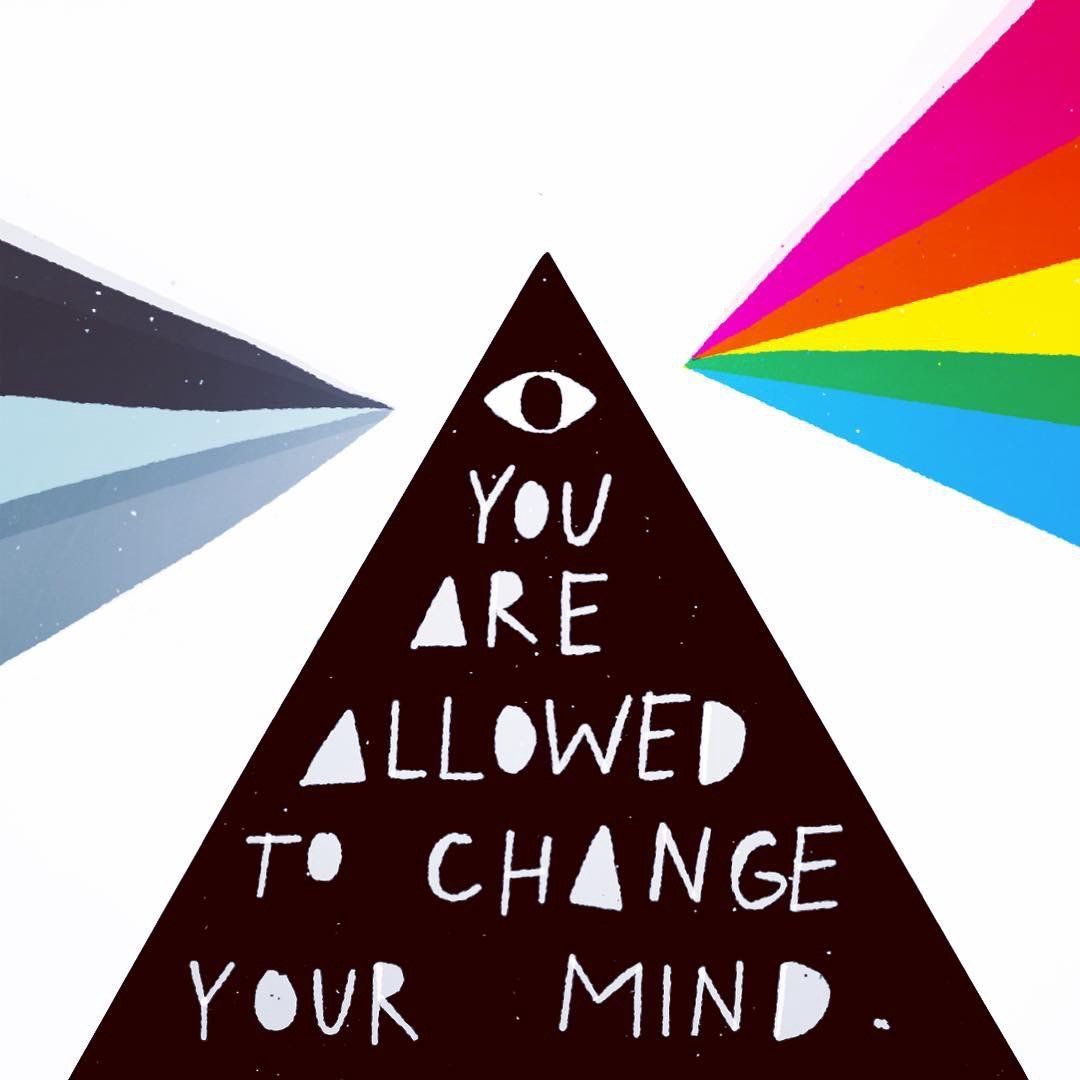
However, we expect - indeed insist - that students & school pupils be open to having their minds changed by new ideas or new evidence, & surely this should be a highly valued attribute in any civilised, democratic, open, tolerant & well-functioning society.
But nowadays, should you change your mind about anything significant, you’re likely to be labelled a ‘sell-out’, a ‘hypocrite’, or even a ‘traitor’!
In the anonymous interview, Foucault goes on to articulate one of my favourite quotes from his entire works:
In the anonymous interview, Foucault goes on to articulate one of my favourite quotes from his entire works:
“Curiosity is a vice that has been stigmatized in turn by Christianity, by philosophy, and even by a certain conception of science. Curiosity is seen as futility. However, I like the word; it suggests something quite different to me. It evokes “care”...
...it evokes the care one takes of what exists & what might exist; a sharpened sense of reality, but one that is never immobilized before it; a readiness to find what surrounds us strange and odd; a certain determination to throw off familiar ways of thought and...
...to look at the same things in a different way; a passion for seizing what is happening now and what is disappearing; a lack of respect for the traditional hierarchies of what is important & fundamental. I dream of a new age of curiosity...
...We have the technical means; the desire is there; there is an infinity of things to know; & the people capable of doing such work exist."
On this, I agree: we should nurture a new age of #curiosity. It doesn't mean accepting just anything, but being open to think differently.
On this, I agree: we should nurture a new age of #curiosity. It doesn't mean accepting just anything, but being open to think differently.

We are right to be suspicious of people who lie, or tell people only what they want to hear, or scapegoat vulnerable groups, or use unnecessarily provocative rhetoric, or opportunistically offer simplistic & unrealistic solutions to complex problems in the form of slogans.
But we are wrong to dismiss what someone says simply because they represent an often imagined Other, or because what they say challenges our own views & makes us feel defensive, & especially if what they say represents a genuinely new, innovative way of thinking about something.
Unusually, Foucault has been blamed AND claimed by BOTH progressives AND conservatives, offering hope that instead of judging a person by who we think they are, or what we think they represent, we might instead move to a position that takes more notice of what they actually say.
People understand the Chinese word for “crisis” - weiji - as “danger” plus “opportunity”. While the first character wēi (危) does mean “dangerous” or “precarious”, the second character jī (机; 機) does not mean “opportunity” in isolation, but something more like “change point”.
Crises like the pandemic afford not simply ‘danger’ & ‘opportunity’, but rather the suggestion that it will force change, which could be good, bad, or both - & there is no doubt whatsoever that we are living through dangerous times, facing physical & existential dangers.
We face rising levels of grotesque wealth inequality, & global warming, which could well lead to ecological catastrophe sooner than we fear, as well as dangers which echo pre-occupations from 1930s Germany — not least the destabilising #polarisation in many societies.
This increasing polarisation of decent people, & the constant refrain of “whose side are you on?” is deeply troubling - & it harms all of us.
For we have to live together, for ever.
We must find ways to reverse the polarisation, & reduce the dangerous & destructive tensions.
For we have to live together, for ever.
We must find ways to reverse the polarisation, & reduce the dangerous & destructive tensions.
If humanity is to thrive, we need to urgently rediscover or find new ways of working together, in order to solve the huge problems that we all face.
The technological means exist, but the political will is too often absent.
The technological means exist, but the political will is too often absent.
The coronavirus pandemic offers an opportunity to pause, to take stock, & to try & make the radical & urgent changes necessary to address the great challenges of our times.
Our leaders seem reticent to focus on reducing the tensions between us, so we'll have to do it ourselves.
Our leaders seem reticent to focus on reducing the tensions between us, so we'll have to do it ourselves.
We have to try to be less judgemental & more respectful, & to treat new ideas, evidence & arguments with an openness & curiosity befitting them.
We all need to feel safe enough to drop our masks, & reveal our authentic selves - without fear of demonisation or reprisal.
We all need to feel safe enough to drop our masks, & reveal our authentic selves - without fear of demonisation or reprisal.
• • •
Missing some Tweet in this thread? You can try to
force a refresh







